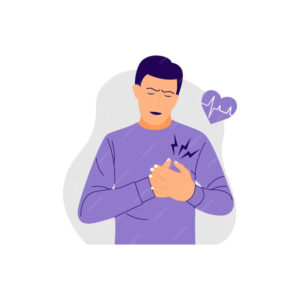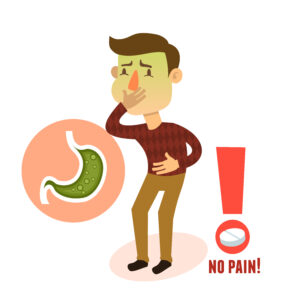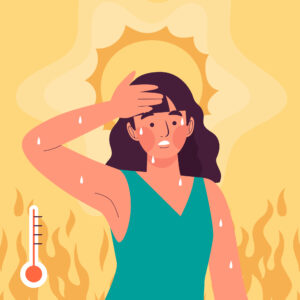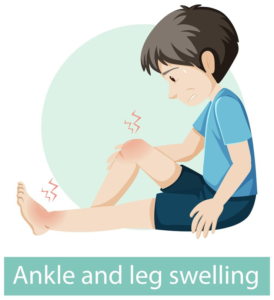- Home
- Our Specialties
- Anaesthesiology
- Arthroscopy & Sports Medicine
- Dental/OMFS
- Dermatology
- Diabetology
- Emergency Medicine & Critical Care Unit
- Endocrinology
- ENT
- Fetal Medicine
- General Medicine
- General Surgery
- Geriatrics
- Hematology
- Hepatology
- Infectious Disease
- Institute of Cardiac Sciences
- Interventional Radiology
- Joint Replacement
- Lactation & Pre-Natal Yoga
- Medical Gastroenterology
- Medical oncology
- Nephrology
- Neurology
- NeuroSurgery
- Obstetrics & Gynecology
- Ophthalmology
- Orthopedics
- Paediatrics
- Paediatric Critical Care
- Paediatric Surgery
- Physical Medicine Rehabilitation
- Plastic Surgery
- Psychiatry
- Pulmonology
- Radiology
- Reproductive Medicine
- Rheumatology
- Spine Care
- Surgical Gastroenterology
- Surgical Oncology
- Urology
- Uro-Gynaecology
- Vascular Surgery
- Clinical Excellence
- Doctors
- International Patient Services
- Services
- Health Information
- About Us
- Leadership Team
- Careers
- Blogs
- Newsletters
- Press Releases
- Media
- Contact Us
- Home
- Our Specialties
- Anaesthesiology
- Arthroscopy & Sports Medicine
- Dental/OMFS
- Dermatology
- Diabetology
- Emergency Medicine & Critical Care Unit
- Endocrinology
- ENT
- Fetal Medicine
- General Medicine
- General Surgery
- Geriatrics
- Hematology
- Hepatology
- Infectious Disease
- Institute of Cardiac Sciences
- Interventional Radiology
- Joint Replacement
- Lactation & Pre-Natal Yoga
- Medical Gastroenterology
- Medical oncology
- Nephrology
- Neurology
- NeuroSurgery
- Obstetrics & Gynecology
- Ophthalmology
- Orthopedics
- Paediatrics
- Paediatric Critical Care
- Paediatric Surgery
- Physical Medicine Rehabilitation
- Plastic Surgery
- Psychiatry
- Pulmonology
- Radiology
- Reproductive Medicine
- Rheumatology
- Spine Care
- Surgical Gastroenterology
- Surgical Oncology
- Urology
- Uro-Gynaecology
- Vascular Surgery
- Clinical Excellence
- Doctors
- International Patient Services
- Services
- Health Information
- About Us
- Leadership Team
- Careers
- Blogs
- Newsletters
- Press Releases
- Media
- Contact Us











